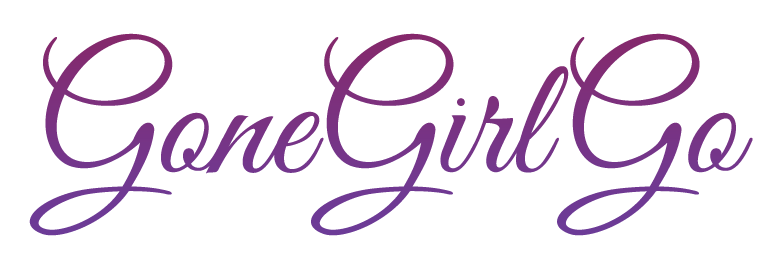
When I tell people I blog, journaling inevitably comes up.
“Oh, you blog? I thought about blogging because I journal a lot.”
That’s usually what they say. For whatever reason, folks equate blogging with journaling and I guess I understand why.
Both are writing practices.
And even though they offer insight and inspiration to their intended audiences as writing practices should, there is one big difference between them – the audience.
Journaling is for a private audience.
For the most part, this is true, but then I think about memoirs, and published diaries like the one I got my hands on recently by Anaïs Nin, the 20th century, French American author.
Mostly private then, journaling is like standing in front of a mirror gazing intently at yourself, examining your existence, documenting your experience, expressing your emotion and writing your way to find meaning in life or grow and change as humans often do.
It may come out as art – prose, poetry, incoherent chatter, or even song lyrics.
Personal, intrapsychic, and oh so healing.
I can say a lot of the same about blogging, especially when I started years ago in my throwback posts. I wrote in a journal-like style vaguely aware of others reading my work. As much as it was for an audience, it was a tool I used to challenge myself to grow.
Now I’m discovering how to use journaling in ways to inform my blogging. Not by sharing my innermost secrets, but by being comfortable sharing my true voice. Perhaps sprinkling insight from my journal throughout my blog posts occasionally.
While journaling is a more private writing practice, blogging again is a public one.
Blogging is like standing on a platform and using your voice to inform, influence, or inspire online readers searching the Internet for answers, instructions, shortcuts, and ideas.
A social experience, an exchange of sorts between blogger and reader.
I’ve learned over the years just because I journaled a lot, didn’t mean I was a good blogger. Blogging requires skill, a mix of art and science all of which I’m still mastering.
Technical Savvy + Creativity + Business Acumen = Art & Science of Blogging
| Technical Savvy | Creativity | Business Acumen |
| Developing a website | Finding ways to engage the reader | Using content marketing strategies |
| Writing for the Web | Writing about topics that drive traffic | Finding ways to monetize your blog |
| Focusing on SEO (Search Engine Optimization) | Using an authentic voice to relate to the reader | Understanding legal issues |
| Writing a little HTML | Including multimedia | Building a brand |
| Leveraging social media | Leveraging social media | Leveraging social media |
If you’re an aspiring blogger, I suggest you learn the mix of technical, creative, and business skills you need, which, by the way, is always changing.
I also suggest you journal to write your way through life, exploring its complexities and making meaning of it all.
Perhaps you can mix the two – journaling and blogging like Noah Kagan, Chief Sumo at sumo.com and appsumo.com, in The Worst Night of His Life: My Experience Ayahuasca. (Why this post works? He’s a famous web entrepreneur with a huge online following. He’s also an interesting guy.)
I hope you understand now, blogging is not journaling, but they are related, sorta.
I’ve only touched the tip of this topic, I’m sure. With my new service Write at this Moment, I’ve committed to understanding the connection between the two.
And before you click away, share your thoughts in the comment section below. What’s your take on journaling v. blogging?

This is very and well written. Thank you for the post as I embark and launch my next adventure. Thank you for giving me food for thought and I hope to see you soon in the workshop series. #gonegirlgo
Hazel! So glad you found this helpful and I can’t wait until we connect.
I like how you compare the journaling vs. blogging and how they relate. I like what you wrote about “being comfortable sharing your own voice.” That is really important when it comes to blogging coming out of journaling. Good stuff! Thanks for sharing!
Thanks, Jess! I appreciate your comments. A light bulb went off at one point when I started making the connection between the two.
This is a really interesting conversation. It seems like social media followers and blog readers are continuously demanding authenticity and a look behind the veil. So teetering the line of being “vulnerable” or “authentic” without having to reveal too much of yourself (like journaling) can be tricky. I’m still trying to find that balance. I want people to be able to connect with me as a person when connecting with my brand, as I’m sure you do. How do you give your readers glimpses of you while still maintaining that distance?